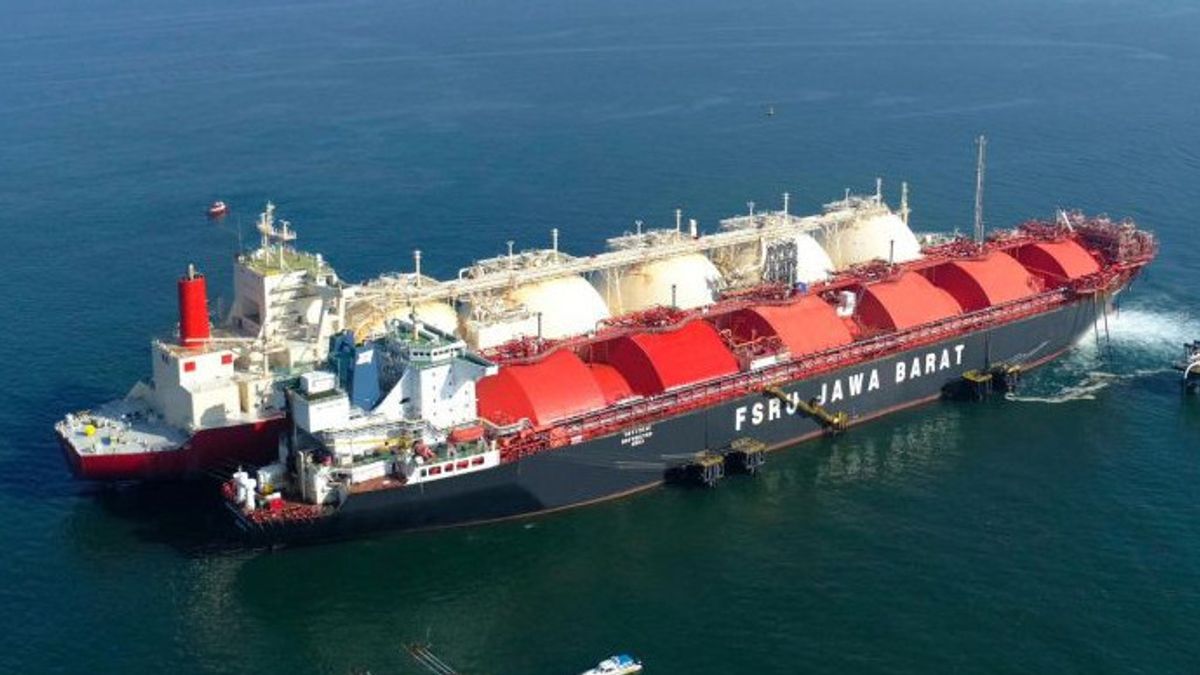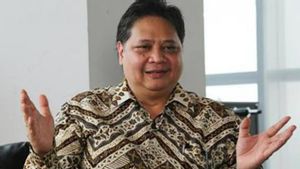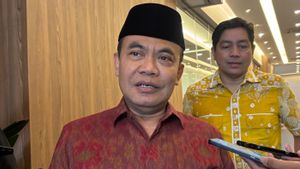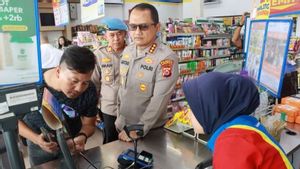JAKARTA - The Indonesian Gas Society (IGS) predicts that the natural gas industry in Indonesia has the potential to depend more on liquefied natural gas (LNG) imports in the future.
This is because the growth in demand for natural gas as a transitional energy to clean energy, according to the government's commitment to achieving net zero emissions, has not been balanced with the addition of gas supply.
"So, there is the potential for Indonesia to become a net importer of LNG in the future," said Senior Advisor of IGS Salis S Aprilian in the discussion "Shifting Gas Industry in Indonesia" in Jakarta, quoted from Antara, Thursday, June 13.
Salis said that the projection of dependence on LNG was the result of an IGS study which together with Rystad had compiled an Indonesian Gas Market White Paper which described the condition of the natural gas industry in Indonesia.
The studies carried out included the condition of natural gas supply-demand, infrastructure development plans and regulations in the natural gas business.
"The preparation of this gas market white paper is carried out through consultation with the government and all stakeholders involved in the natural gas business," said Salis.
Chairman of Regulatory & Government Affairs Commitee IGS Bayu Satria Pratama when describing Indonesian Gas Market White Paper said that there are three main things in developing the natural gas business at this time.
First, the current gas supply (exciting) will decrease due to a natural declining.
Second, the existence of infrastructure limitations that hinder the monetization of gas fields that are far from the market (demand).
"Then, the unclear regulations and the length of the bureaucratic process in the gas business. This causes the uncertainty of the project time and worsens the economy," said Bayu.
SEE ALSO:
To overcome these challenges, the IGS proposed several recommendations. These include providing incentives for infrastructure development and development of upstream oil and gas in the form of tax relief, low-interest funding, public private partnership (PPP), and shortening bureaucracy and approval in natural gas licensing.
Selanjutnya, melakukan evaluasi menyeluruh atas kebijakan harga gas bumi tertentu (HGBT).
"Third, involve all stakeholders in the preparation of policies and regulations, so that they can be applied and support the development of the gas industry," said Bayu.
The English, Chinese, Japanese, Arabic, and French versions are automatically generated by the AI. So there may still be inaccuracies in translating, please always see Indonesian as our main language. (system supported by DigitalSiber.id)
















